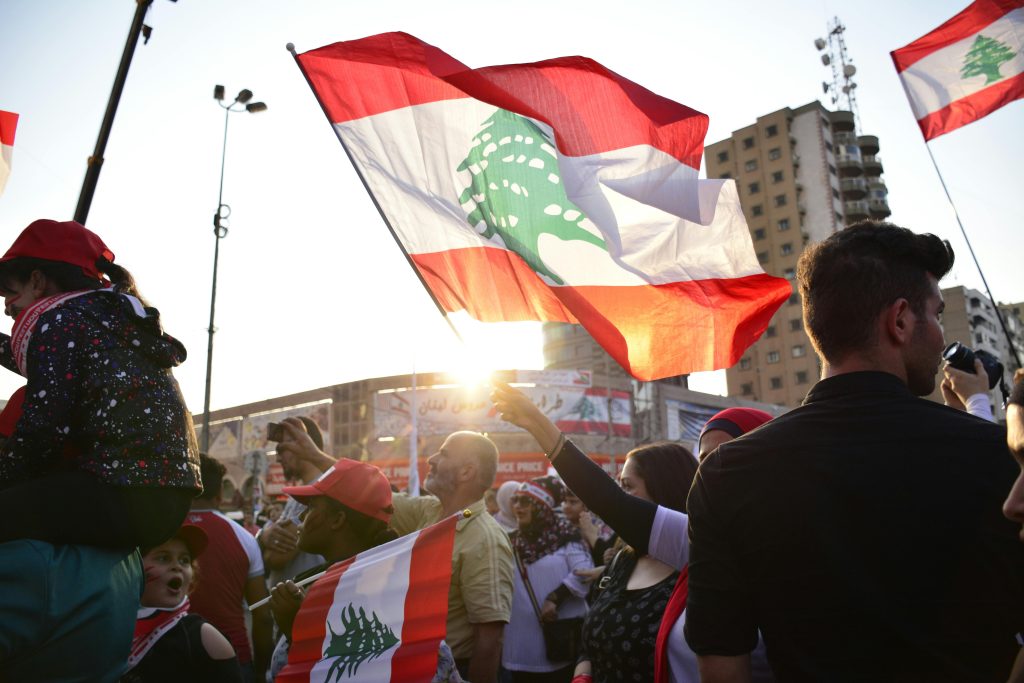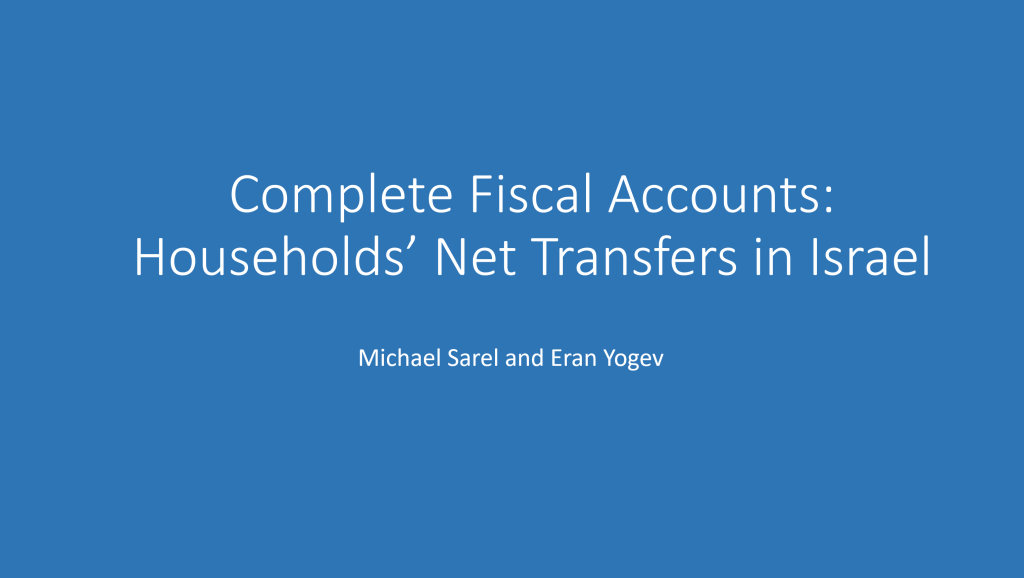Following the court decision that canceled the Israel Medical Association (IMA)’s strike against the judicial reform (SK 57697-07-23).
One line answer:
The Labor Court determined that the IMA’s strike against the reform was an illegal political strike, and that IMA claims of potential harm to doctors and to the healthcare system constituted theoretical and indirect fears that could not justify a strike which harms hundreds of thousands.
As part of the opposition to the judicial reform, the IMA declared a 24-hour strike – hospitals functioned on a Shabbat/holiday basis and many patients were denied care. The strike occurred one day after the amendment to Basic Law: The Judiciary was passed in the Knesset and only two days following the declaration of a labor dispute. The strike was called off around seven hours after it began, subsequent to the government filing for injunctions. Vice-President of the Regional Labor Court in Tel Aviv, Ariella Gilzer-Katz, accepted the state’s petition and ordered all health services back to work effective immediately.
The IMA is a professional union representing most of Israel’s doctors. It declared a labor dispute on the grounds that the basic law’s amendment would allegedly harm doctors’ working conditions and rights, as well as harm the healthcare system as a whole by blocking the courts’ ability to review ministerial or professional decisions on issues of healthcare.
The IMA claimed that the strike was not a political strike meant to intervene in political matters unrelated to work conditions, but rather sought to protect doctors’ rights and working conditions (which is considered an “economic” or “mixed” strike). However, the court rejected this claim. Per the court, the “fears” raised by the IMA, that the amendment to the law would harm their rights and working conditions as well as harm the healthcare system in general – are theoretical fears that pertain to consequences that are far from certain, and which involve hypothetical effects far in the future. The IMA did not satisfy the court that direct harm to doctors’ rights was imminent. Thus, the strike was a political one, not aimed at protecting doctors’ rights or the healthcare system.
The Court also emphasized the severe effects of the strike: seriously harming patients of the public healthcare system who had been waiting for medical treatment for many months, as well as being damaging to the ill – both children and adults.
The court further rejected the doctors’ claim that the strike was “merely” a short protest. As it was the second strike in a week (a previous two-hour strike occurred on 7.19.2023), the strike could not be said to be short. A short protest is a brief one-time event and cannot occur twice within one week.
The court also reminded the IMA that legally, a strike can be declared only if 15 days have passed since notice was given of a labor dispute, whereas in this case the IMA didn’t bother waiting even one. A strike on such short notice does not allow for negotiation or for the patients to prepare in advance.
The Labor Court reminded us all that a strike is a powerful tool, the sole purpose of which is to protect workers’ rights. The unions’ ability to shut down the healthcare system should not be used for political purposes that have only a tenuous and baseless theoretical connection to workers’ rights. The Court’s clear language is, as a matter of course, relevant not only to the IMA but to all workers’ unions who have their hands on control buttons and are willing to shut down the country for political leverage.
By: Yishai Rivlin
Further reading:
- The Labor Court’s decision:
ס”ק 57697-07-23 מדינת ישראל – ההסתדרות הרפואית בישראל (25.7.2023).
- The Supreme Court on political strikes:
בג” ץ 525/84 נביל חטיב נגד בית הדין הארצי לעבודה, ירושלים, מ(1) 673 (1986)].
- The Supreme Court on mixed (quasi-political) strikes:
בג”ץ 1074/93 היועץ המשפטי לממשלה נגד בית הדין הארצי לעבודה בירושלים, מט(2) 485 (1995).
- Moran Svorai, Collective Labour Law : Theory & Practice (2023).
Published originally in the KPF legal news-sheet, “One Line Answers” (B’Mishpat Echad)



